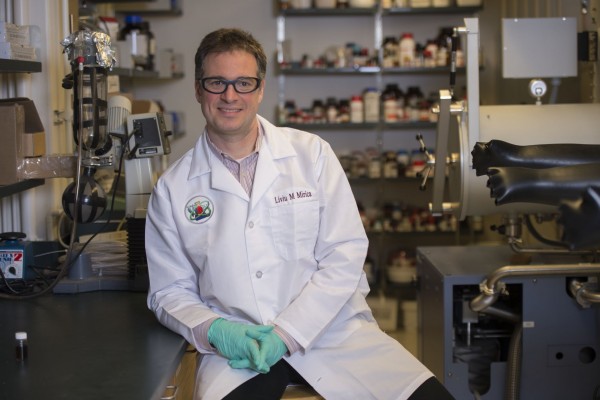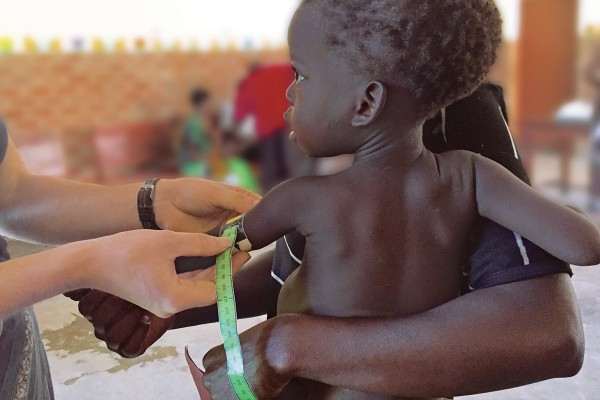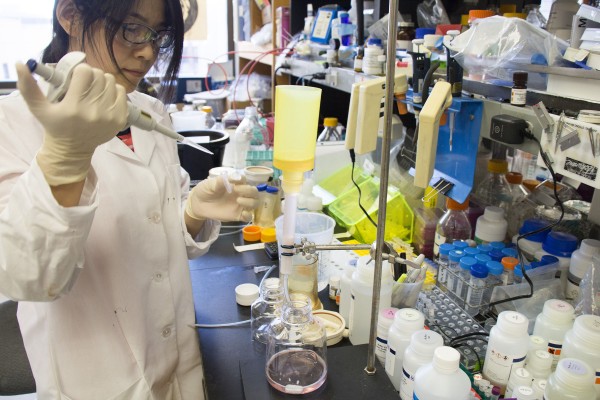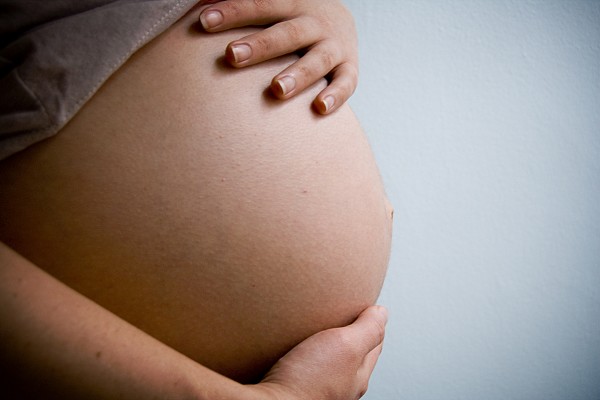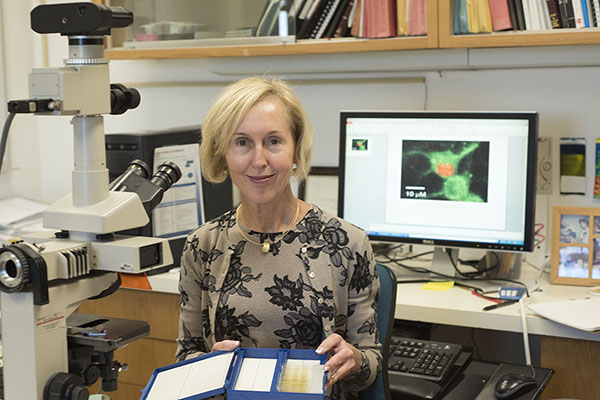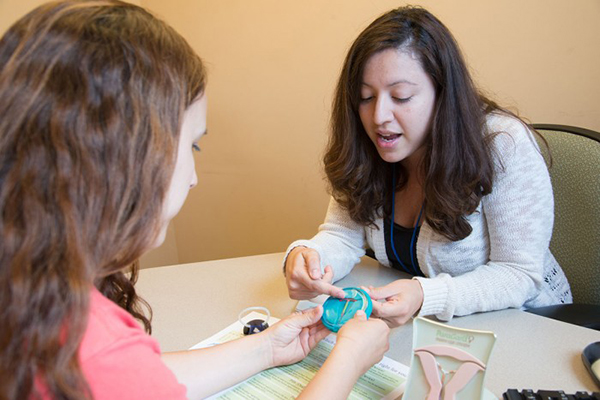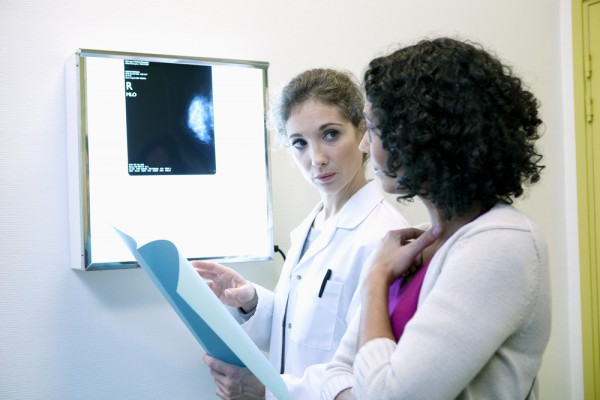Longer-lived imaging agents could hasten Alzheimer’s research
A chemist at Washington University in St. Louis hopes to develop bifunctional compounds that can be both therapeutic and diagnostic agents for Alzheimer’s disease. In the first role, they would block the metal-mediated formation of amyloid beta oligomers; in the second, they would be loaded with a long-lived radioistope (Cu-64) and employed as PET imaging agents.
Breakthroughs in the fight against childhood malnutrition
Two new studies led by Washington University School of Medicine in St. Louis show that effects of gut bacteria reach far beyond the gastrointestinal tract. Manipulating the makeup of microbes in the gut has the potential to provide new ways to treat and ultimately help prevent childhood malnutrition.
Improving veterans’ radiation therapy
Washington University School of Medicine in St. Louis has been selected to lead national efforts to improve and standardize radiation therapy for veterans with cancer.
Rise in marijuana use not as high as previously reported
Research, from Washington University School of Medicine in St. Louis shows that the rate of pot use did not double from 2002 to 2013 — as had been reported in the fall — and that the rate of problems related to the drug remained steady.
Fighting Zika: A team effort
Over the past seven months, two collaborating teams of scientists at Washington University School of Medicine – both focused on emerging infectious diseases – have redirected their efforts to concentrate on Zika virus.
New tool to prevent infection after C-section
A new study from Washington University School of Medicine in St. Louis offers strong guidance on the best way to reduce the infection risk. Rather than prepping patients with iodine-alcohol — a common antiseptic combination in C-sections — the research indicates that chlorhexidine-alcohol is significantly more effective.
Scientists more effectively control pain by targeting nerve cell’s interior
In real estate, location is key. It now seems the same concept holds true when it comes to stopping pain. New research co-led by the School of Medicine indicates the location of receptors that transmit pain signals is important in how big or small a pain signal will be and how effectively drugs can block those signals.
Calcium carbonate: Tumor-fighting weapon
Engineers at Washington University in St. Louis use nanoparticle technology, applied to a drug found in most people’s medicine cabinets, to chemically alter a cancer tumor and stop its growth.
Contraception not as affordable as health-care law intended
Although the Affordable Care Act (ACA) has benefited millions of women by reducing out-of-pocket spending on contraception, many still continue to have to pay for all or some of their contraceptives.
Surviving breast cancer: Younger women face bigger hurdles
Breast cancer takes a daunting toll on all women, but it hits younger women especially hard, finds a new study from the Brown School. Women aged 18-44 with a history of breast cancer reported a lower health-related quality of life than older survivors, highlighting the impact of breast cancer on the physical and mental health of younger women.
Older Stories
